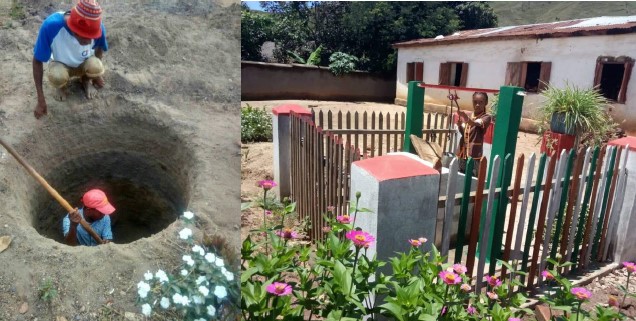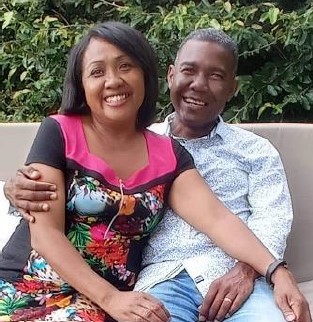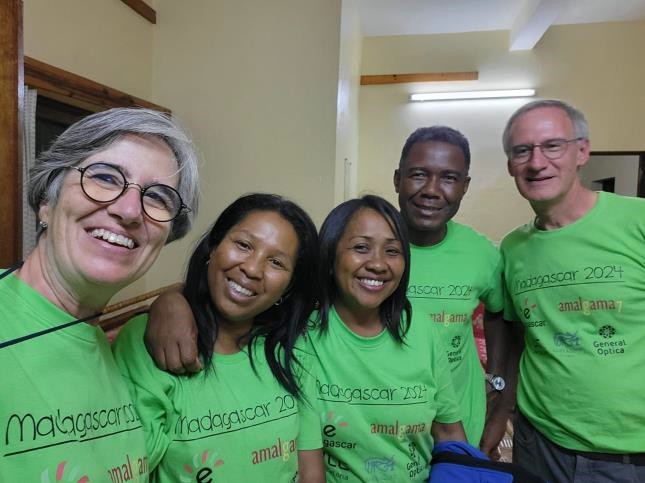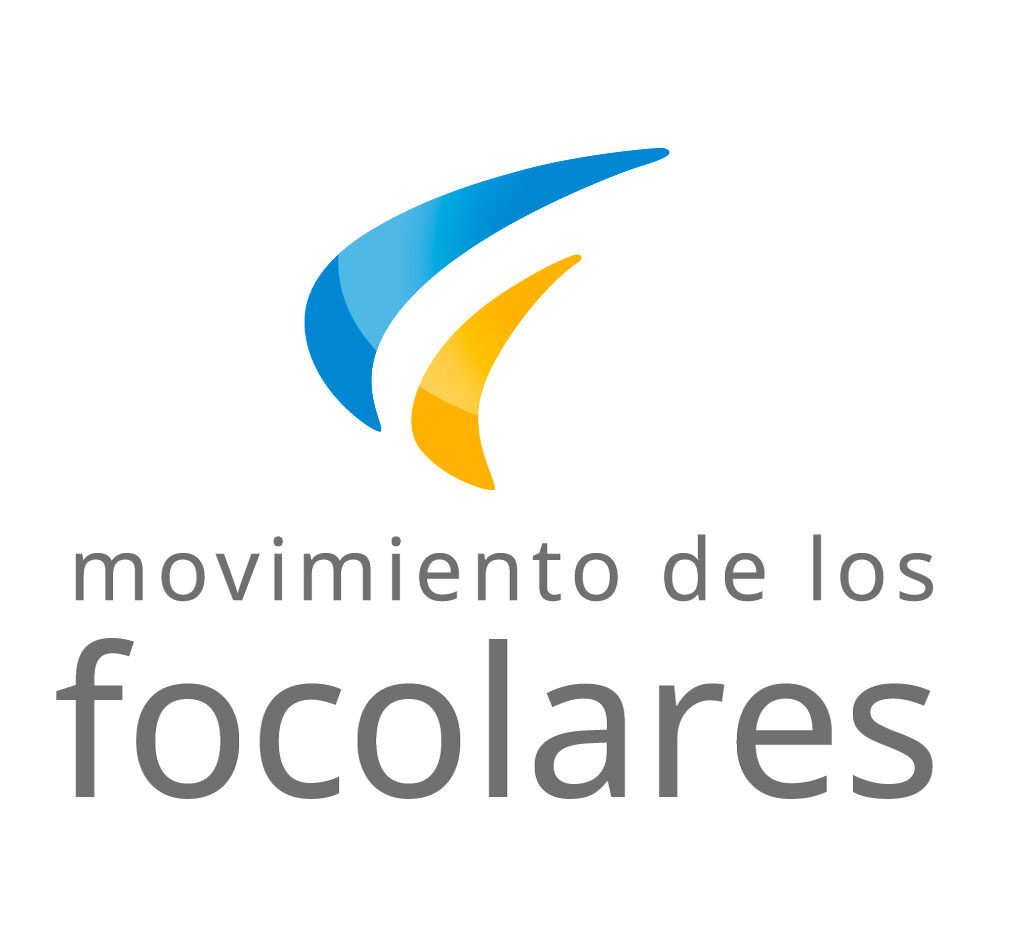We interviewed Cinta Lacasa, founder of Edugascar, a non-profit organization whose main objective is to promote education, entrepreneurship, and child health in Madagascar.
How did Edugascar come about, and how does it reflect the values of the Focolare Movement, even from a humanitarian or secular perspective, beyond religious beliefs?
Edugascar (from Education + Madagascar) was born when we hosted a young Malagasy man who came to pursue a master's degree. Upon completing his degree, we proposed that he gradually repay the money he had been lent so he could help other students in his country, and that's how it all began. The project seeks to multiply the aid and benefit the country's own society. It's completely in line with the Movement's values—fraternity, personal development, and solidarity—and many of the volunteers in Madagascar are part of it. Furthermore, when I go there, I usually stay at the Focolare.
The Edugascar website mentions its creation in 2017 within the Capdevila-Lacasa family, along with a very close connection to Madagascar. How did this mutual discovery between cultures come about?
The most valuable thing has been the personal relationship. We're all volunteers, both here and there, and this collaboration has changed our perspective. Volunteering was something new in Madagascar, and together we've learned to share life, knowledge, and create a true community and fellowship.

Edugascar's projects are clearly designed to address real needs identified in collaboration with local people. Could you tell us how this community work came about?
The first project was "Loving Nature," because much of the island is deforested. We wanted to involve children in caring for the environment, like in our schools, with gardens and orchards. With the help of Niry, a teacher and great collaborator, we realized that we first needed to ensure access to water. Thus, the idea of repairing wells and building new ones was born, and several schools copied our initiative.
Over time, we added a medical mission with the UIC, Barraquer, and General Óptica, among others, and training programs in entrepreneurship, agriculture, and fish farming, in collaboration with the Ministry of Labor and the Polytechnic University of Catalonia. Everything has been done in partnership with the local communities. Today, Niry and Landry hold important positions in Education and Health, and we continue to work with the same conviction: when you do good and give your best, the good multiplies.

Looking ahead, what Edugascar dreams or projects excite you right now? How do you imagine collaborations or connections with other movements, individuals, or organizations could enrich those dreams and multiply the impact of this work in Madagascar and beyond?
The truth is, I can hardly believe this. I just contacted the president of an international ophthalmology organization to see if he can support medical missions. I don't aspire to great things; everything is providence. The parable of the talents inspires me greatly: if you have an ability, put it at the service of others.
In Madagascar, I live a life of gratitude, joy, and brotherhood, sharing a simple life with the focolarines, even in austerity. I believe in mutual generosity and encourage everyone to get involved without fear: when you love and give, a hundredfold is waiting for you.
This paragraph, sent to those participating in the mission that began in late September, reflects what can be expected from the volunteer experience with the association:
“Smells, colors, flavors, landscapes, smiles, features, sounds, noises, music, greetings, emotions, conversations, doubts, tiredness, excitement, adaptation, effort, gratitude, companionship, help, understanding, appreciation, coexistence, sharing… All of this and more will accompany us and shape our hearts, each in a different way, but always intensely and positively.”

To learn more about the project or to contact them, visit their website: https://www.edugascar.org/

